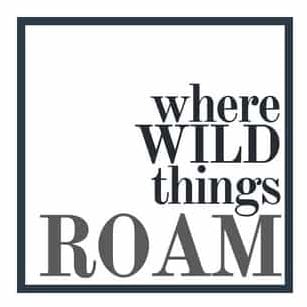One on One with Founder of Animal Assist, Casey Woodward
For more than a decade Casey Woodward has been working in the Animal Welfare and Conservation space. Studying Conservation and Land Management and taking roles in Bush Regeneration and Revegetation in Queensland led to long term volunteer roles both locally and internationally.
Her life-changing experience working with Malaysian Sun Bears in Indonesian Borneo gave her a unique insight into the key threats facing wildlife in developing countries. She returned to Australia to continue her studies in Veterinary Nursing where she worked as an RVN on Phillip Island, Victoria and more recently in the coastal town of Dunsborough, Western Australia. She recently started the charitable initiative, Animal Assist, to further contribute to grassroots animal welfare and conservation projects in SE Asia.
Casey has recently started working as the Western Australia Regional Project Co-ordinator for Australian based Not For Profit, Tangaroa Blue Foundation. This incredible organisation focuses on marine debris collection and data analysis along the Australian coastline and provides support to communities, agencies, schools and organisations to help them create positive change across their local beaches and waterways.
I’m lucky enough to be able to reinvigorate Tangaroa Blue Foundation’s presence in the beautiful South West. It’s a real privilege to work for such a pioneering organisation whose tangible approach to a huge environmental issue is so successful. Although I will definitely miss veterinary nursing, working in the NFP sector absolutely my calling and it feels good to be fighting the good fight.
Casey Woodward
Where Wild Things Roam editor Kate Webster caught up for a one on one with Casey to discuss what it is like working in the conservation field, and this is what she had to say.
How did you come about setting up Animal Assist?
It’s been in the pipeline for quite some time, but I think the timing was right last year. There is such a huge need for more assistance to be offered to smaller animal welfare and conservation organisations in developing countries. Covid has really strangled revenue streams and put so much more pressure on these groups to meet basic operational needs.
What were the challenges with this?
There are constant challenges taking on a project like Animal Assist, and every day I am learning and growing and understanding how best to serve these groups. Perhaps my biggest challenge is finding time to commit to the organisation. I work part-time as a veterinary nurse in a clinic, and I have a young family, so devoting time and energy to many areas of my personal life can be difficult. I rely on the energy and commitment of my team to really help develop Animal Assist as an organisation. I strongly believe in what we are doing and that we will continue to grow and expand.
Do you have women working in your team, and what is it they do?
I have some incredibly experienced and passionate conservation legends volunteering with Animal Assist. Jessica McKelson has been working in the conservation space for close to 20 years with strong field experience with Orangutan in Sumatra with the Sumatran Orangutan Conservation Programme (SOCP), and Kaitlyn Bock is the Africa Operations manager for the Pan African Sanctuary Alliance (PASA). Both women bring varied skill sets to the team, and I am proud to work with both of them.
What are your thoughts about women in the field?
I think women play a key role in the success of conservation, both historically and in the future. It’s vital that we all connect and work together towards common goals. It’s really encouraging to see so many women in the spotlight for the work they have been doing, quietly, over many years.
What are the pros and cons of being a woman in this field?
I think women bring empathy and strength together in charitable roles and are good storytellers, good at conveying a situation and being able to relate that back to the public. Storytelling is a very powerful tool in the charitable sector. In my fieldwork, I found it challenging at times to be a female in a mostly male-dominated field camp, but without my Indonesian assistant Santo, I would have gotten into a spot of bother when my GPS failed, or I ran out of water. It takes time to build respect and friendships when you have cultural and language barriers to overcome, but that would be experienced whether the team was male or female. I think overall, my experience has been resoundingly positive.
What advice do you have for young women looking to work in the field?
Do as much volunteering as you can alongside your more formal studies. Whether it’s overseas or for your local wildlife rescue group or animal shelter. Hands-on experience is key to becoming a well-rounded conservationist. You also get to work around lots of experienced people and learn from them as well as learn about animal behaviour, the good, the bad and the ugly!!







